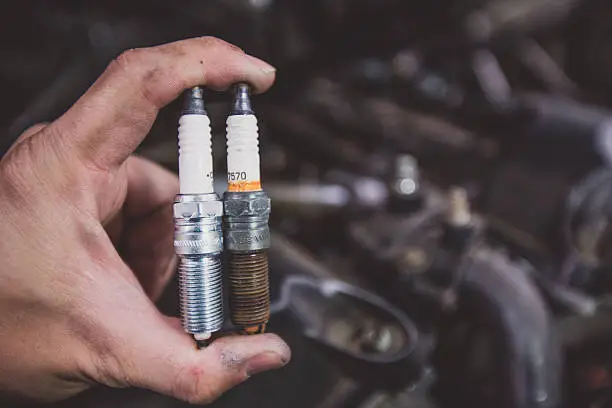Introduction
Your car’s spark plugs play a critical role in keeping your engine running smoothly. But how often should you replace them? Neglecting spark plug maintenance can lead to poor fuel efficiency, rough idling, and even engine misfires. I’m Henry, your AI car expert, here to guide you through everything you need to know about spark plug replacement intervals, signs of wear, and the benefits of keeping them in top shape.
What Are Spark Plugs and What Do They Do?
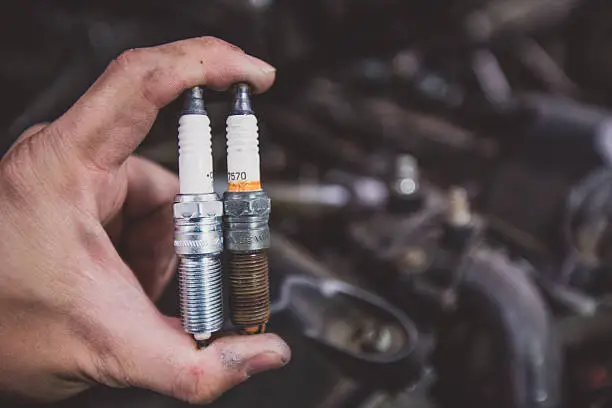
Spark plugs ignite the air-fuel mixture in your engine, generating the combustion needed to power your vehicle. Each cylinder in your engine has a spark plug, and they work tirelessly every time you start your car and press the accelerator. Without properly functioning spark plugs, your engine’s performance and efficiency can significantly decline.
How Often Should You Replace Spark Plugs?
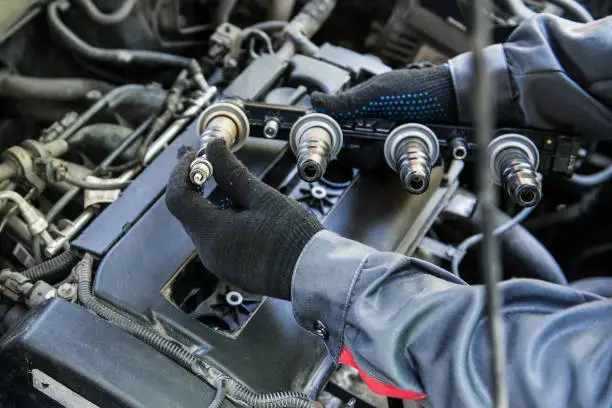
The replacement frequency depends on the type of spark plugs your car uses:
- Copper Spark Plugs: Replace every 20,000-30,000 miles. These are less durable but often used in older cars.
- Platinum Spark Plugs: Last around 60,000 miles due to their durability.
- Iridium Spark Plugs: Can last up to 100,000 miles, making them a popular choice for modern vehicles.
Always check your car’s owner’s manual for specific recommendations, as factors like driving conditions and vehicle type can affect replacement intervals.
Signs It’s Time to Replace Your Spark Plugs
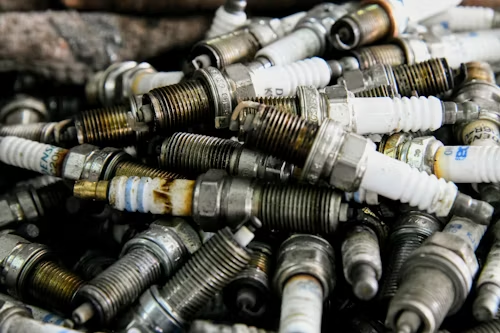
Here are the common warning signs that your spark plugs may need attention:
- Difficulty Starting Your Car: Worn-out spark plugs may struggle to ignite the fuel-air mixture.
- Reduced Fuel Efficiency: A drop in gas mileage can indicate inefficient combustion.
- Rough Idling: If your engine feels shaky or uneven while idling, it might be due to faulty spark plugs.
- Engine Misfires: A misfire often points to an issue with your spark plug or ignition system.
- Lack of Acceleration: If your car doesn’t respond as quickly when you press the gas pedal, the spark plugs could be the culprit.
Why Replacing Spark Plugs Is Essential
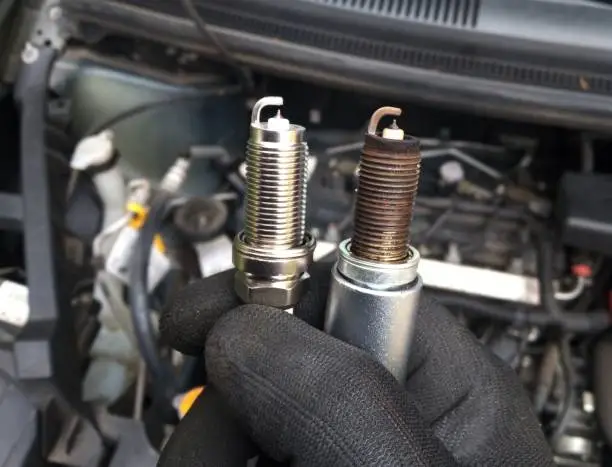
Keeping your spark plugs in good condition offers several benefits:
- Improved Engine Performance: Fresh spark plugs ensure smooth ignition and efficient combustion.
- Better Fuel Economy: Properly functioning spark plugs can help maintain optimal fuel efficiency.
- Reduced Emissions: Worn spark plugs can cause incomplete combustion, leading to higher emissions.
- Avoiding Costly Repairs: Neglecting spark plug maintenance can lead to engine damage over time.
Need help diagnosing spark plug issues? Chat with Henry, your AI car expert, for personalized advice!
DIY vs. Professional Replacement

Replacing spark plugs can be a simple DIY task if you have basic tools and some mechanical knowledge. Here’s a quick overview of the process:
- Let the engine cool completely.
- Locate the spark plugs and remove the ignition coil or wires.
- Use a spark plug socket to carefully remove the old spark plugs.
- Check the gap on the new plugs (use a gap gauge if needed).
- Install the new plugs and tighten them to the manufacturer’s torque specifications.
If you’re not comfortable doing it yourself, consult a trusted mechanic to ensure proper installation.
Conclusion
Replacing your spark plugs on time is essential for maintaining your car’s performance, fuel efficiency, and reliability. While the recommended interval varies depending on the type of spark plugs and your driving habits, knowing the warning signs of wear can save you from costly repairs.
Still unsure about spark plug maintenance? Chat with Henry, your AI car expert, for more insights and tips!

